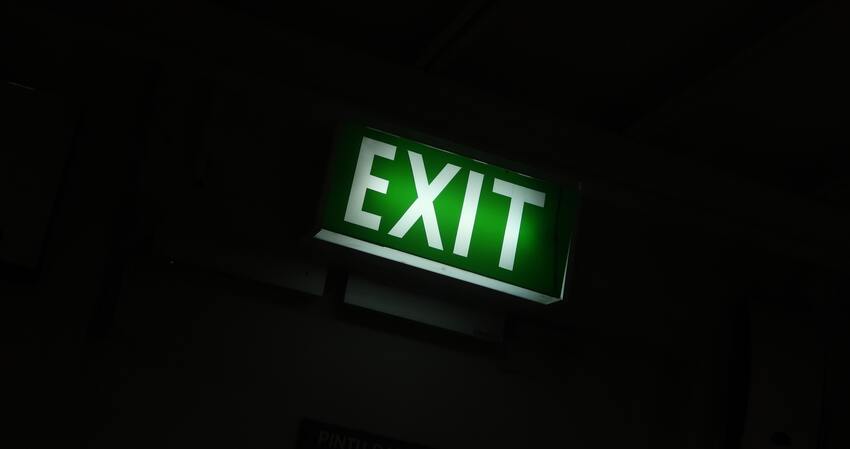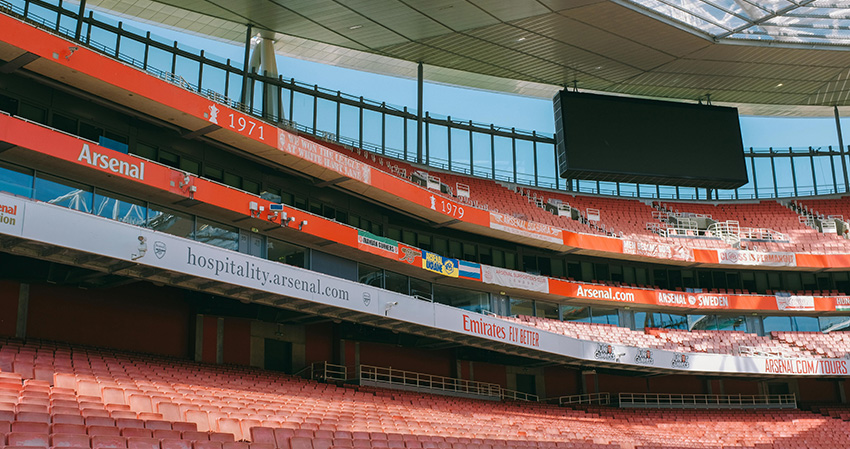
Residents, workers and shoppers in Portsmouth’s Gunwharf Quays and the surrounding areas had to be evacuated from the area after a German World War Two bomb was found in the harbour on Wednesday (16 November).
A dredger found the unexploded device on the seabed at 5am, and it was later towed out to sea where a controlled explosion will be carried out, around 1.5 miles to the east of the Isle of Wight.
Local homes and businesses at the Wightlink ferry terminal, Old Portsmouth, Portsmouth Harbour station, Gosport ferry station and the Hot Walls area were all evacuated, and only reopened at 2.20pm after the bomb had been removed to a safe distance.
The Ministry of Defence (MoD) also closed the harbour entrance to ferry traffic and set up a 500m exclusion zone while the device was moved and detonated.
Disposing of the device caused disruption to cross-channel ferry services, with some passengers waiting on boats outside the harbour which were prevented from docking, while others were stranded on land waiting for the port to reopen and services to resume.
Passengers on services operated by Wightlink, Normandie and Brittany Ferries have all been affected by the discovery.
A spokesperson for the Hampshire Constabulary explained the cordon was set up as a precaution and that a Royal Navy team was on site assessing the device.
Businesses and homeowners in close proximity to Portsmouth Harbour may want to consider fitting blast protection window film to their glazing, as this is the third explosive device to be found in the harbour in the past month.
Dredging to deepen and widen a 7km-long channel began in September, in preparation for the arrival of the HMS Queen Elizabeth - one of the navy’s new 65,000-tonne aircraft carriers that needs deeper water to dock.
Since dredging began, two 500lb German bombs have now been found hidden in the mud, and a torpedo was also uncovered during earlier works.
The MoD is due to take delivery of the HMS Queen Elizabeth later this year, but there’s a possibility more bombs could be discovered before the dredging work is completed.
It’s little surprise that there are unexploded devices in the waters here though, because Portsmouth was an important target for German bombers during World War 2 due to its status as the British navy’s largest dockyard.
According to Portsmouth History, the city officially suffered 67 air raids between July 1940 and May 1944, killing approximately 930 people and injuring more than 2,000 others. It is also estimated that 10% of the city’s were destroyed, while thousands more suffered damage of varying levels.
During one of the major attacks on the city on the night of 10-11 January 1941, German records indicate that as many as 40,000 incendiary devices were dropped on Portsmouth, so it’s little wonder that unexploded devices, like the one found in the harbour, are still unearthed today.
If your business would benefit from bomb blast window film, contact Solartek today to find out how we can help.














